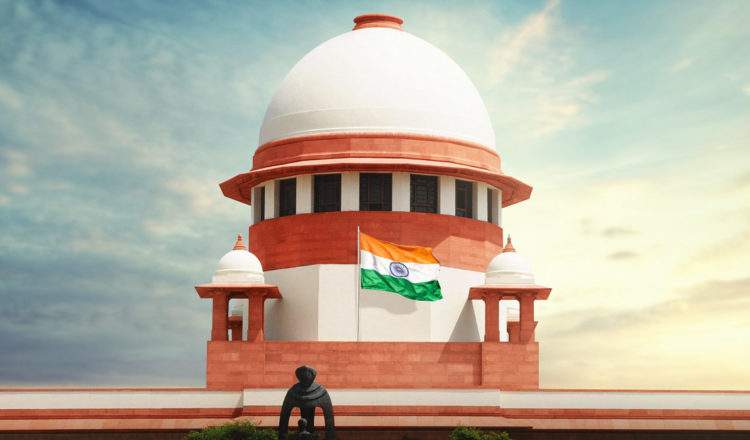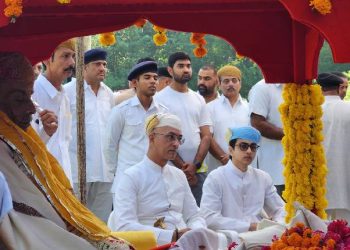New Delhi: The DMK government in Tamil Nadu has, in the Supreme Court, supported a plea made by two life term convicts in 1991 Rajiv Gandhi assassination case seeking premature release.
The state government said both had served over 30 years in jail and it had approved the remitting sentence of all seven convicts over four years ago.
The state government, in response to separate pleas filed by convicts S. Nalini and R.P. Ravichandran, said the law is well-settled that the Governor is bound by the aid and advice of the Council of Ministers of a state under Article 161 of the Constitution.
It pointed out that it had sent recommendations on September 11, 2018, however the Governor did not decide on it for two years, and then, forwarded the file to the President on January 27, 2021, and the issue still remains undecided.
On September 26, the Supreme Court issued notice to the Tamil Nadu government and the Centre on the petitions of Nalini and Ravichandran, convicts in Rajiv Gandhi assassination case. Citing release of convict A.G. Perarivalan in the same case, both convicts have moved the apex court seeking their release from the prison.
Nalini and Ravichandran had moved the Madras High Court citing Perarivalan’s release, however, it refused to entertain their plea seeking release from the prison. They moved the apex court challenging the high court order.
The high court had said that it cannot exercise powers under Article 142 of the Constitution to pass a similar order, which was passed by the apex court to release Perarivalan, in the case. “The directions sought by the petitioner cannot be given by the court, as it otherwise does not have power similar to what the apex court has under Article 142 of the Constitution of India. For the foregoing reasons, the writ petition is dismissed as not maintainable,” said the high court in an order passed in June.
On May 18, the Supreme Court invoked its extraordinary powers to do complete justice under Article 142 of the Constitution, as it ordered the release of Perarivalan.
A bench comprising Justices L. Nageswara Rao (retired now), B. R. Gavai, and A. S. Bopanna said: “In the exceptional facts and circumstances of this case, in exercise of our power under Article 142 of the Constitution, we direct that the Appellant is deemed to have served the sentence in connection with crime.. The Appellant, who is on bail, is set at liberty forthwith”. Perarivalan is currently on bail. His death sentence was commuted to life sentence and terrorism charges were withdrawn.
The top court took into account Perarivalan’s prolonged period of incarceration, his satisfactory conduct in jail as well as during parole, chronic ailments from his medical records, his educational qualifications acquired during incarceration and the pendency of his petition under Article 161 for two and a half years after the recommendation of the state Cabinet.
(IANS)




















